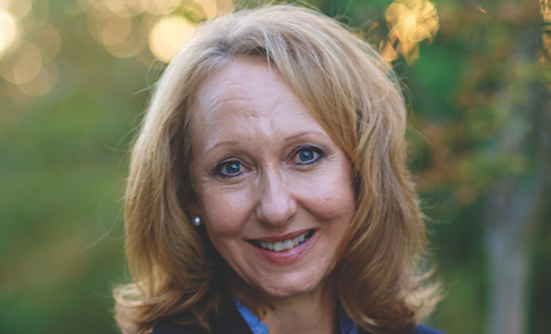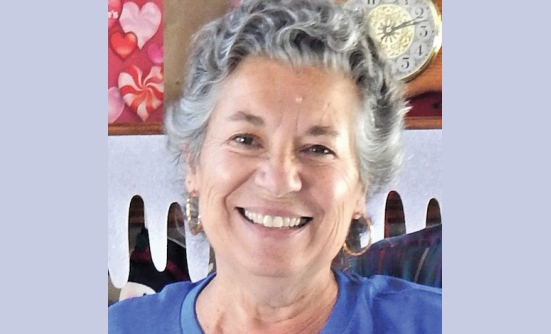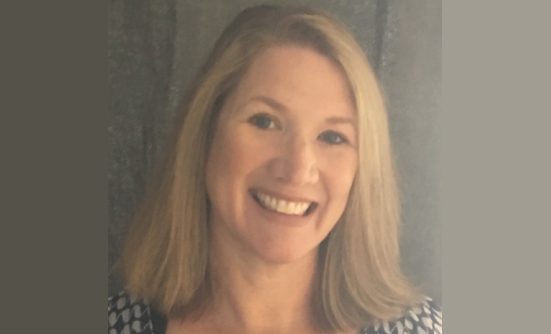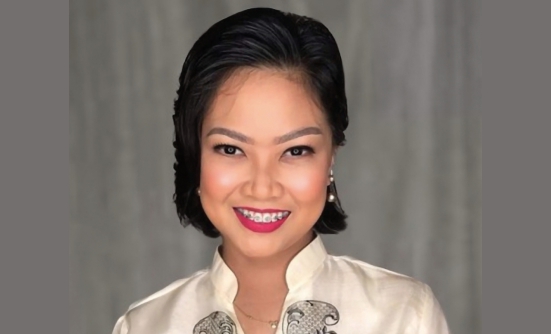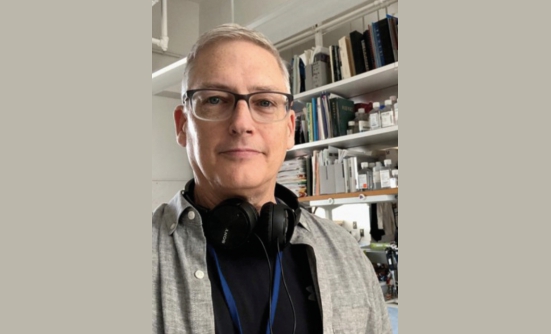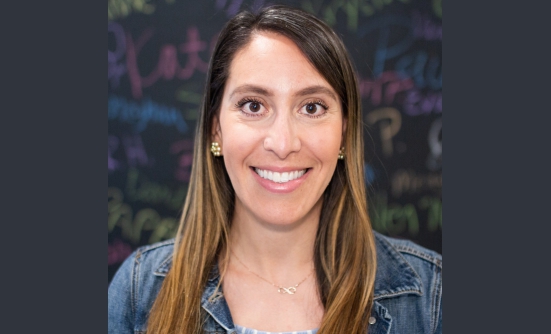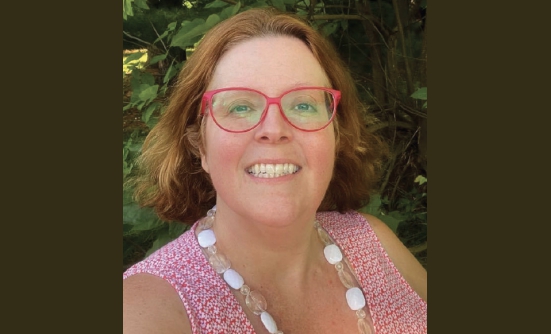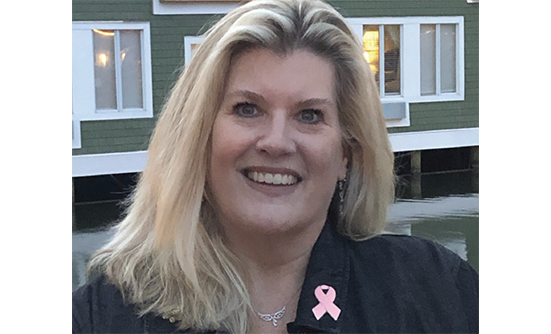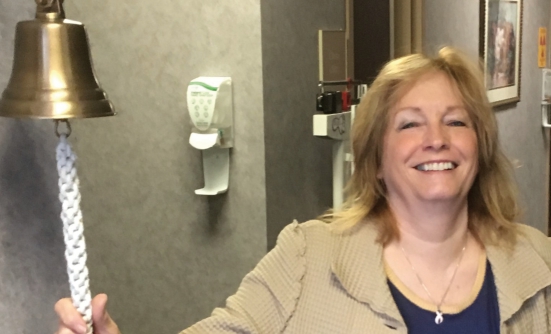I pull into the driveway. The words “Comprehensive Cancer Center” adorn the top of the building. I can’t help but look. I read the word “cancer,” and it makes me stiffen. Even after 15 years of being a cancer survivor, it’s still a word I don’t want to look at, a word that tossed me into a different life, a word I wish didn’t exist. But I get it: things have to be labeled for what they are.
I climb the stairs instead of taking the elevator to the third floor to my oncologist’s office. I’m thankful that I have energy. I reach his office, walk to the reception desk, and write my name on the clipboard. I see patients in the lobby: some look healthy, some don’t.
We all know what brought us here—that C word. I sit in a cushioned chair, glance at the table of magazines, and begin to fidget, tapping my foot. I know my lab work will be okay. I pray that’s what my doctor is going to say when I see him.
The Power of Words
For years as an oncology nurse, before having cancer myself, I never thought about how patients dealt with emotions when entering the hospital, or, frankly, how seeing the word “cancer” on buildings, in commercials, even on charity walks, may affect them.
We all know that words are important and meaningful. They are identifiers, and many marketing people and authors (yours included) spend a lot of time and attention thinking of the right words to make an impact on people. But what do you do when you keep seeing a word you hate? Especially that C word.
Perhaps over time our reaction to the word has lessened, depending on how many years we’ve accumulated in survivorship. Or we put up a mental barrier and don’t let it affect us in a negative way. Sometimes, however, it can weigh us down.
This word was once terrifying, or perhaps still is. But I do my best to keep it away. I exercise, try to eat right, do what the doctor says, and embrace life as much as possible. However, I still don’t want to peek into the chemotherapy infusion room when I walk by. Why? Because it’s a reminder, an emotional jolt into a past I don’t want or need.
Growth Through Empathy
So how do I see this word cancer differently now? And how do I see myself in my survivorship in relation to that word? As time has passed and I step further into my survivorship, I have evolved. I have become a person who embraces the grief, pain, and roller coaster of treatment, and have transitioned it to catapulting me to do greater things.
Things I pray help others on their cancer journey and help everyone else understand the journey better. The physical, emotional, mental, and spiritual inner work that happened when I was down in the depths of the soil has sprouted a hearty bush of vibrant yellow roses, fragrant and all. Now there are sturdy branches, green leaves, and new buds on the bush. And I don’t forget about the flowers that have already bloomed. What have these looked like in my life?
I have a deeper heart and tenderness to care for patients, deeper compassion and empathy for people who are in the cancer journey. I have become an ally with fellow survivors, and have gained profound personal growth, which has ignited in me a passion to do the things I want to accomplish in life.
I have a deeper faith in God, and have had some amazing opportunities. I am an author, speaker, mentor, advocate, young adult cancer survivor group creator and co-leader, 3-time half-marathon finisher raising funds for the Leukemia & Lymphoma Society, fashion model (to raise funds for blood cancers), and I have become a better oncology nurse.
Maintenance Is Key
Of course, every now and then I need to prune the rose bush to keep it flourishing. I need to keep a check on fear and anxiety, keep up with performing health surveillance exams (such as breast self-examinations, mammography, colonoscopy), and get my regular checkups. Also, it’s vital that I keep as a priority the need to help others who are new to the cancer journey, and offer them comfort and hope.
Words Don’t Define Me
This word that defined a time when something bad happened in my life doesn’t define me. In fact, I don’t even need to use that word. I stay away from it. I think of the roses, not the seed that was buried in the soil. I inhale the fragrance and nurture that which has grown from that time.
I leave my appointment with a successful checkup. Yay! I walk out the entrance of the cancer center and glance back at the top of the building. I see the C word and pretend I am on a window washer’s catwalk. I envision myself with a giant eraser scrubbing the word away. I see myself taking a giant red felt tip pen and write the word “Conqueror” with an exclamation point. I’m elated: touchdown, game over. Today is an awesome day. I claim and see where I am now, and envision the good things I’ll experience in the future. What is your new C word, and what are you claiming?





